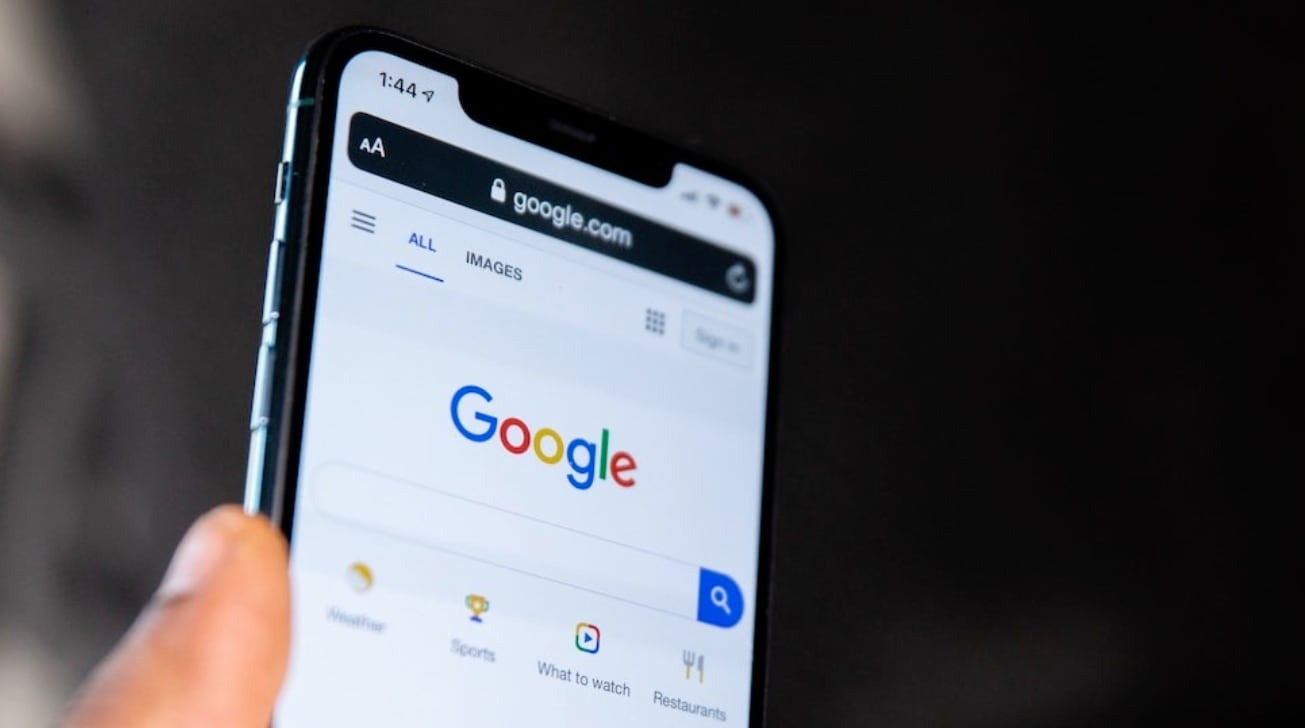Weekly Market Comment October 23 2020
Looking towards Google, Uncle Sam's eyes turn into dollar signs
The US government is taking its most aggressive stance against a U.S. tech giant in decades after announcing it would file a lawsuit against Google for maintaining an illegal monopoly over search and search advertising. For example, the government complains that Google’s payments to Apple to make its search engine the default in iPhones, while Android phones come preloaded which use Google’s parent company Alphabet’s operating system where its search engine is the default. So common is Google’s search engine (it has 80% market share) that the act of searching a query is generically referred to as “googling” something.
The stock actually went up the morning of the news, in part because an investigation was well broadcast to have been under way. Also, this lawsuit and potentially dozens to come from individual states will take years to resolve. Google will be certain to amass an overall smarter army of lawyers than what the US government will have. Also, many Justice Department lawyers involved in bringing the case warned against announcing the suit prematurely, as many believe they just have. Rushing, as many in the department believe the government has done, will give Google an advantage.
Legal strategy and corporate policies preclude Google executives and employees to speak publicly about the lawsuit but the former CEO and Chairman, Erich Schmidt, harbours no such restraints. Not only are Google searches free, but its unfair to criticize the company for “indirectly benefiting the Chinese military,” as did recently the Chairman of the US Joint Chiefs of Staff. “That’s like saying America makes pencils and pencils are used by the Chinese.” Schmidt argues that Google’s dominance is the result of innovation, excellence and merit and that the government should not punish it for being too good.
In the meantime, Uncle Sam will collect $2.8 billion from Goldman Sachs, as well as a confession of wrong-doing for its role in the 1MDB scandal (a corrupt Malaysian government investment fund). In exchange, GS will avoid prosecution, which would be costly both financially and reputationally. GS has already paid $2.5 billion to the Malaysian government. Refreshingly, Goldman’s board of directors is cutting executive pay in punishment for this scandal happening under its watch. The way to send a message to management is to hit ‘em where it counts: in the pocketbook.
As it turns out, Jim Chanos isn't God (God doesn't grant Zoom interviews)
We’ve often said that some of the best trades an investor can make are the ones they don’t make. A good indicator of companies to stay away from are the ones famed short-sellers like Jim Chanos are short. Not because they are short but because they tend to do the best research.
Chanos, a hedge-fund manager and billionaire who teaches a history of fraud course at Princeton and became famous for exposing to the world Enron’s fraud, recently warned investors against Tesla. He insists it is a car company and not a technology company nor a battery company (he pointed out that their recent Battery Day didn’t have any new batteries on hand, only plans). Not only is the car industry a thankless one, Tesla’s valuation is beyond crazy.
Tesla is the ultimate “T.A.M.” stock, which stands for “total investable market.” It’s when investors invest not because the company is profitable or successfully growing toward that end but because the company’s potential market is huge. Think of tech stocks during the dot.com bubble, when investors fixated first and foremost on how mega-large the internet was going to be. And those predictions were right! If anything, they underestimated how large and ubiquitous the internet was going to get. But most tech investors still lost their shirts. TAM is not enough.
Chanos also warned against the SPAC (“special purpose acquisition company”) craze, where investors invest huge dollars at huge valuations into a shell company before a company/operation is identified to go into the vehicle. Sometimes they work great but most of them never will.
He also warned against sports betting which is not a great business. Vegas deemphasizes sports betting relative to other forms of gambling for a reason: it earns 5-6% in earnings vs. slots, which pulls in 13%. And since millennials aren’t big gamblers, viewing Vegas as an entertainment draw (dinner, shows, pools and hot weather) means Vegas has a lot of competition, such as California and Florida where vacationers can do all of those things.
Finally, he explained why IBM is a value trap that will continue its earnings decline and disappointments. Just because a company is a household name and into technology doesn’t mean it’s a smart investment. Same with oil & gas fracking companies, which underestimates depreciation costs by depreciating the cost of wells over 12-14 years when they are lucky to sustain hydrocarbons for half that long. Understated depreciation makes profitability look far rosier than it should and, like IBM, companies that systematically inflate earnings with accounting tricks inevitably hurt investors.
Notable Reads
- The hidden cost of Ottawa’s new benefit for the self-employed
- A brief history of the electoral college system (podcast)
- Purdue Pharma pleads guilty to federal criminal charges in $8.3 billion settlement tied to U.S. opioid crisis
- The founder of Signal is trying to bring normality to the Internet
- Stop wiping down groceries and focus on bigger risks, say experts on coronavirus transmission
- Pope Francis calls for civil union laws for same-sex couples
- LeBron’s ugly truth: he cheated us and the game
Musings Beyond the Markets
Most drug dealers that deal in deadly, addictive, and destructive drugs dress in balaclavas, military camo and gold chains.
But the really successful ones don business suits, organize themselves into a “pharmaceutical company”, and otherwise act like perfectly decent contributing members of society. They keep their hands clean by relegating the dirty work to lower ranking employees.
Purdue Pharma, the maker of the highly addictive and deadly OxyContin, has agreed to plead guilty to federal criminal charges and an $8.3 billion settlement. The privately owned Purdue, owned by the Sackler family, will hand ownership of the already indebted and legally embattled company over to the U.S. government.
At the heart of the case is an addictive and deadly pain-relief drug that has caused untold amounts of pain and over 400,000 deaths in America alone. At issue is a company and family that knew full well that the drug was addictive and deadly and knowingly played down those risks as it promoted and encouraged doctors to prescribe the drug by paying kickbacks. The guys with the balaclavas and military camo call these sorts of payments “bribery” and “kickbacks”.
While, according to the company’s long-time board member Steve Miller, “Purdue deeply regrets and accepts responsibility for the misconduct detailed by the Department of Justice in the agreed statement of facts.”
Despite such talk, the Sackler family, who have earned tens of billions even after fines and forfeitures, deny criminal and civil culpability. “No member of the Sackler family was involved in that conduct or served in a management role at Purdue during that time period,” wrote a recent statement. The family itself has agreed to a $225 million civil settlement on top of losings its company.
Yet, according to the government, family members in 2012 instructed company executives to gin up more sales by focusing on selling more Oxy to “high-volume” users (read: users who were addicted).
Criminal charges against individual executives and/or family members are still possible.
Unscathed in the blame seem to be the sea of doctors who exhibited willful blindness in prescribing the drug to patients who were obviously addicted. According to a guilty ruling in 2019 by grand jury, such acts lacking in any apparent compunction have already been found to involve illegal bribery.
Word of the Week
compunction (n.) – a felling of guilt or moral scruple that prevents or follows the doing of something bad. “The beginning of compuction is the beginning of a new life.” – George Eliot




